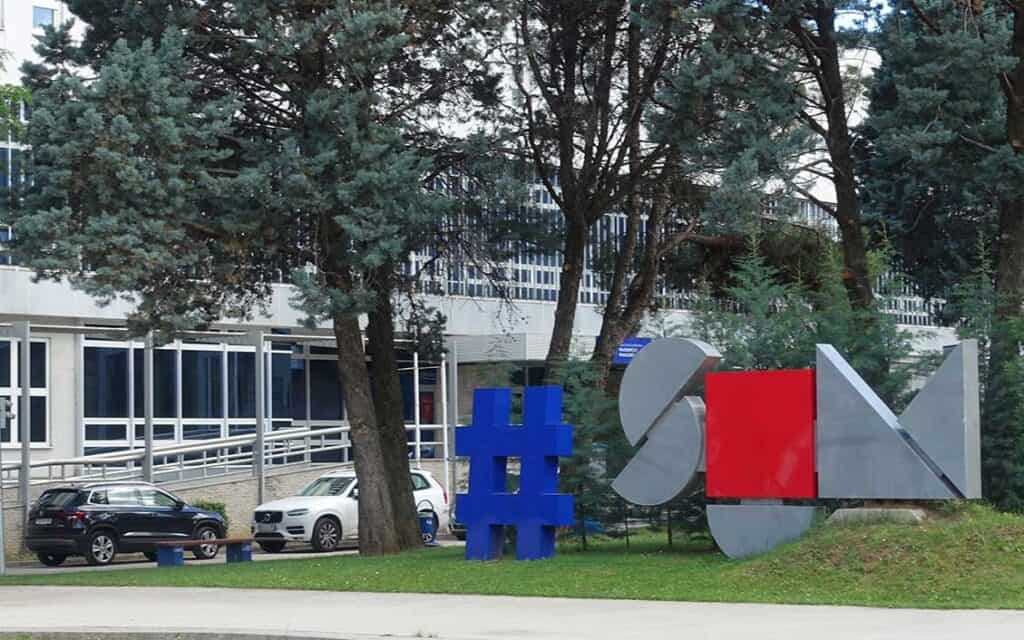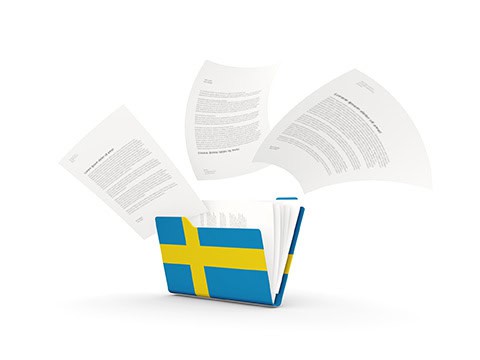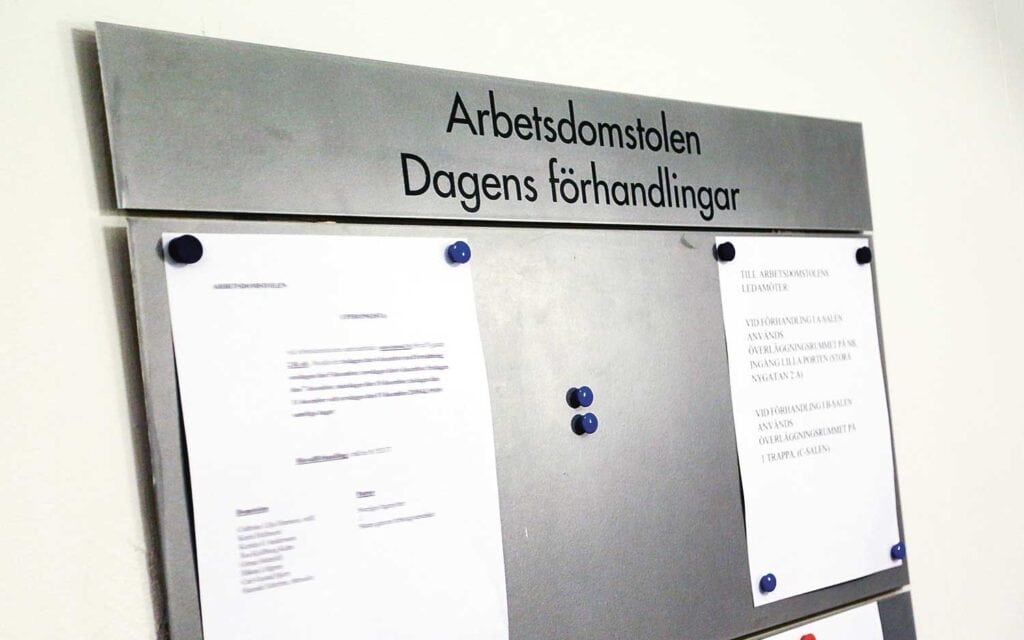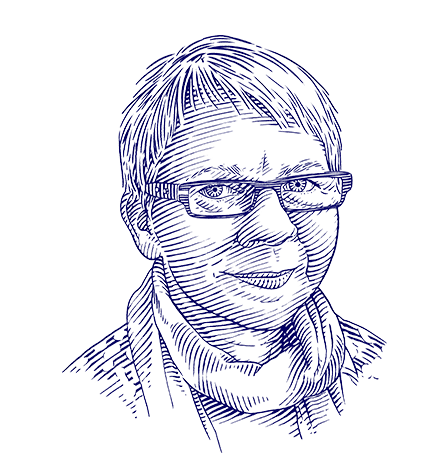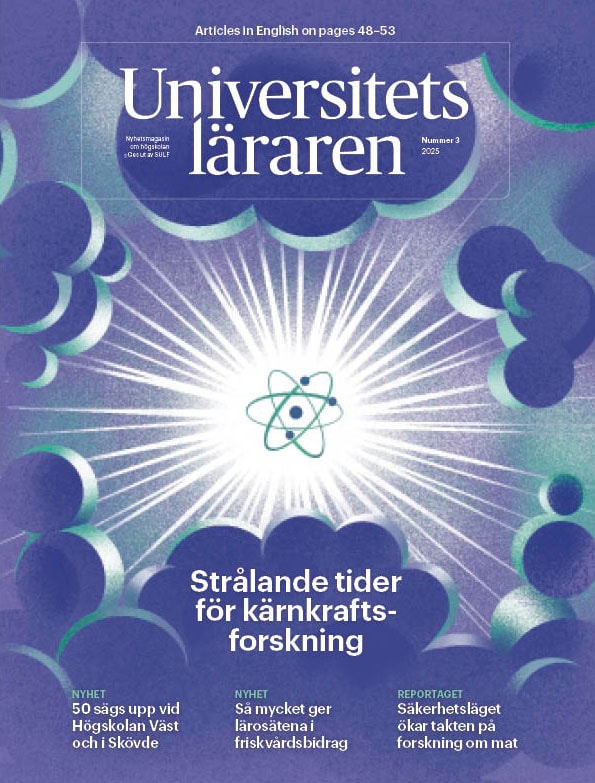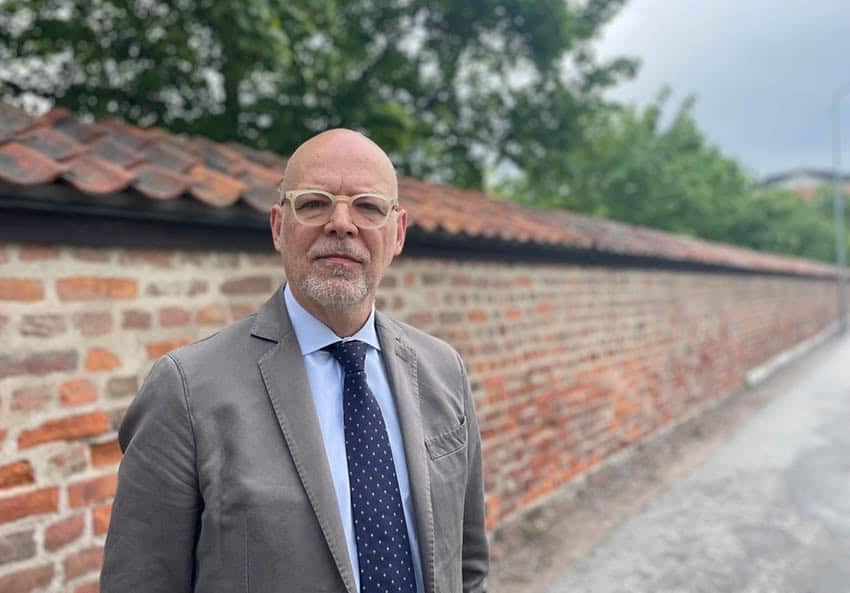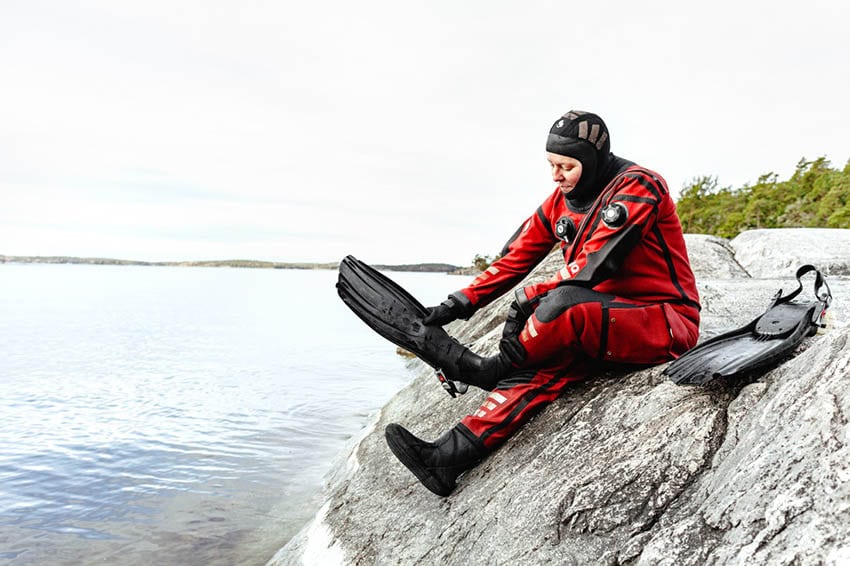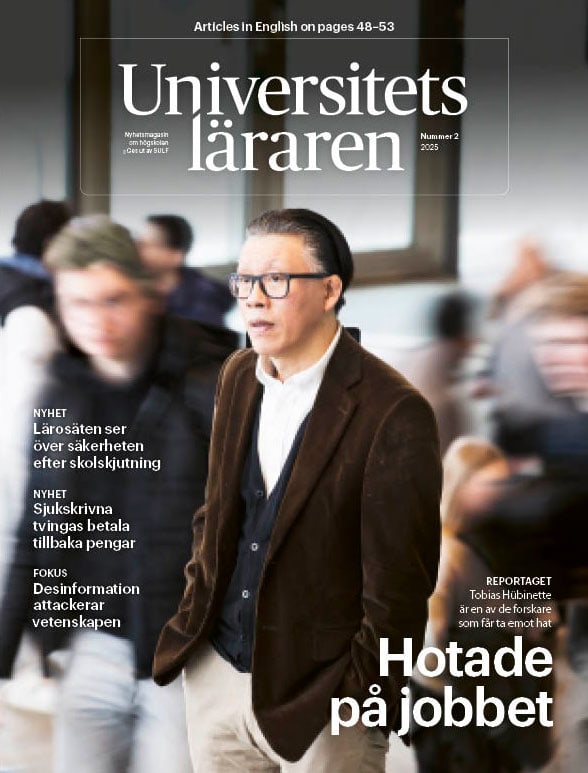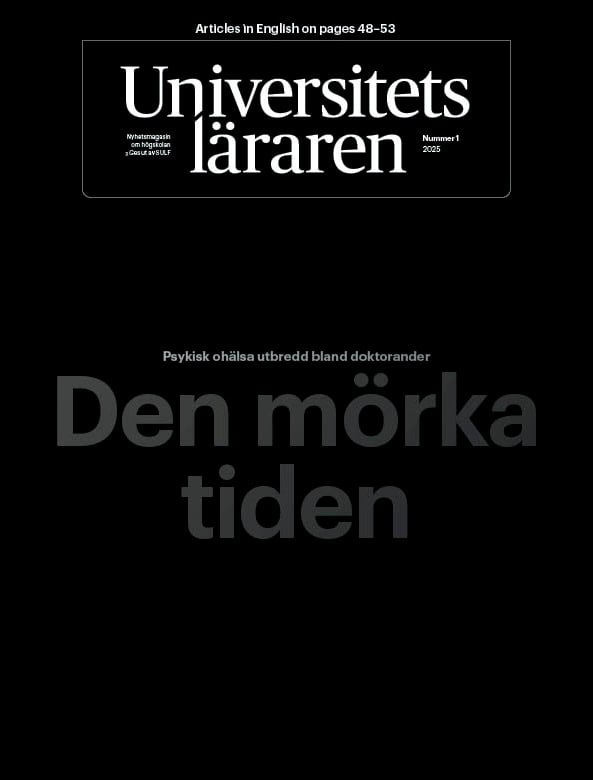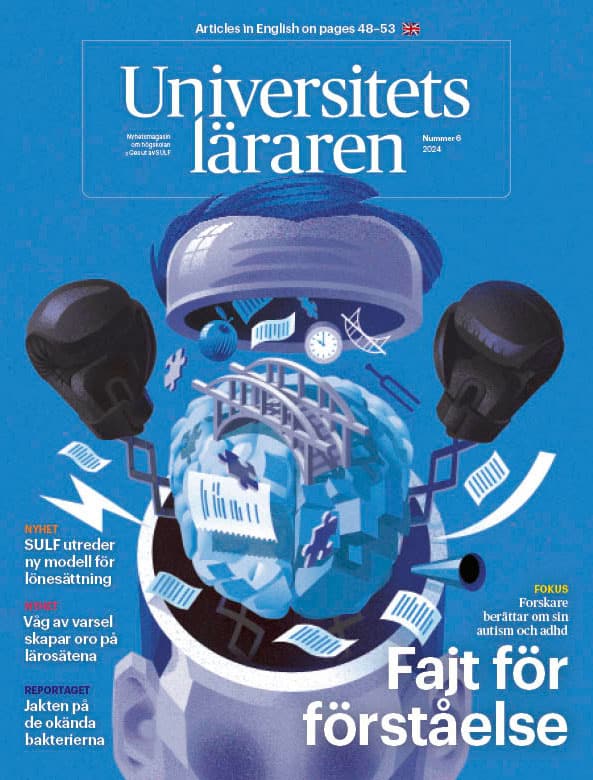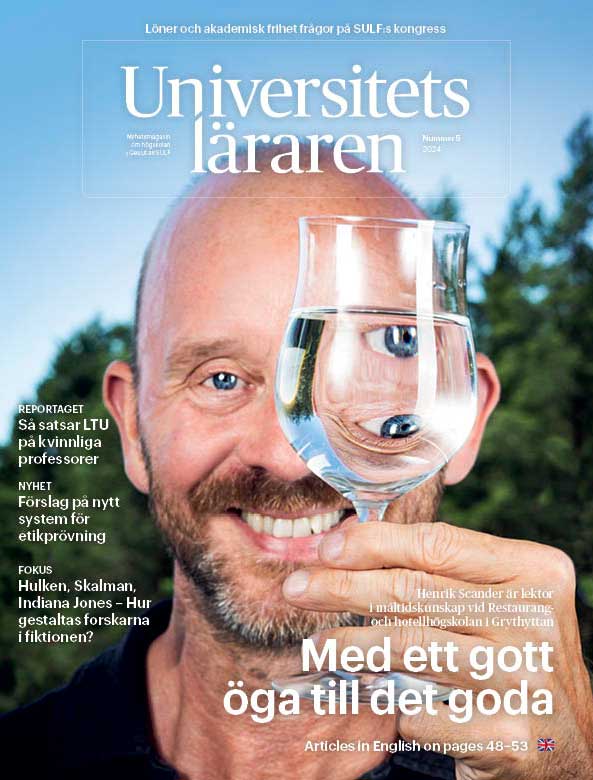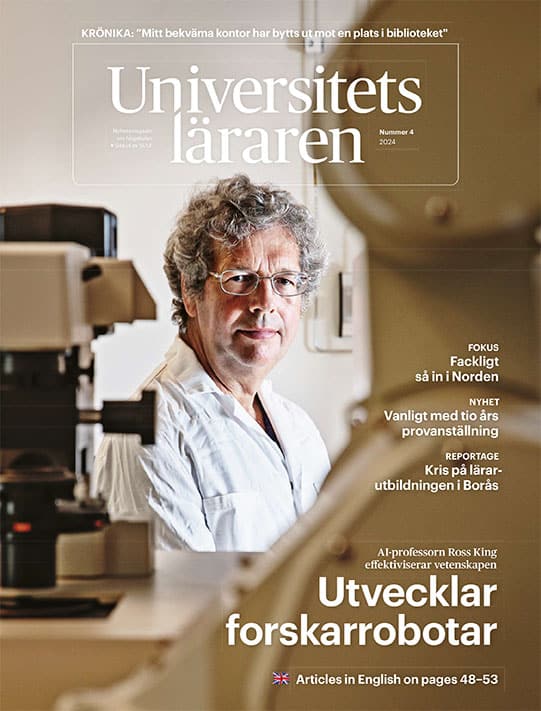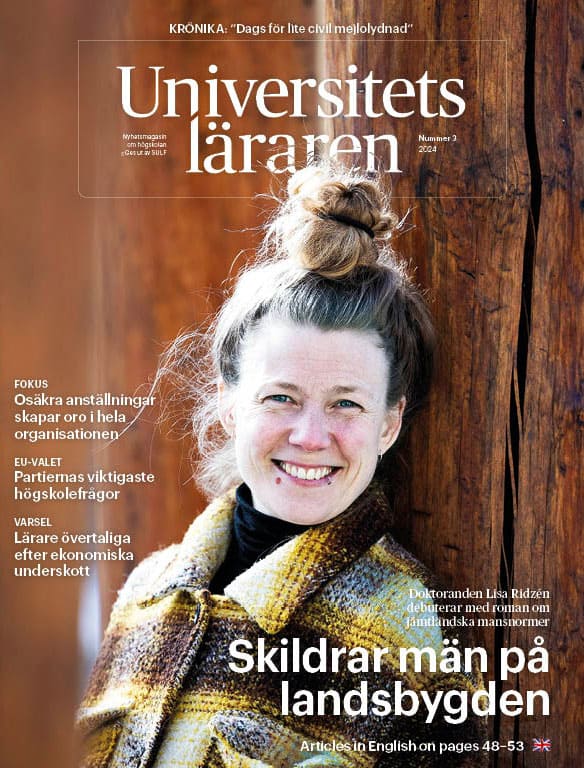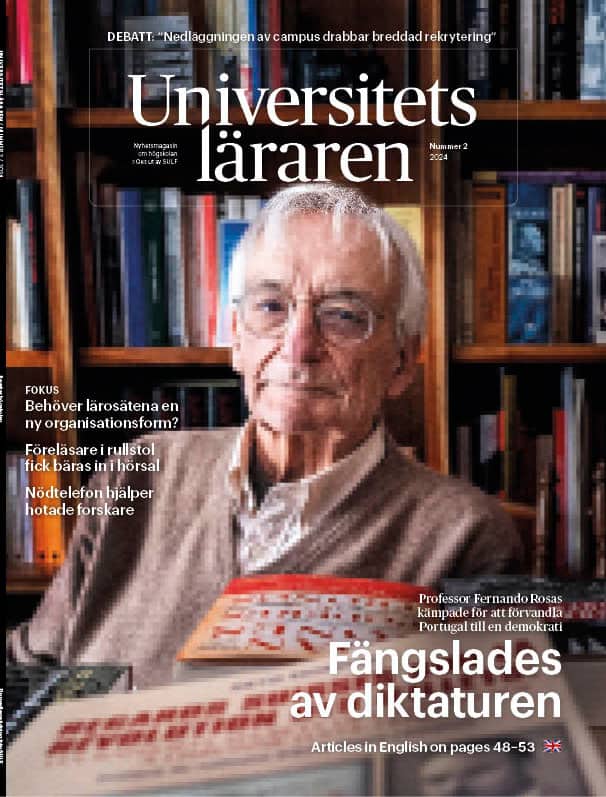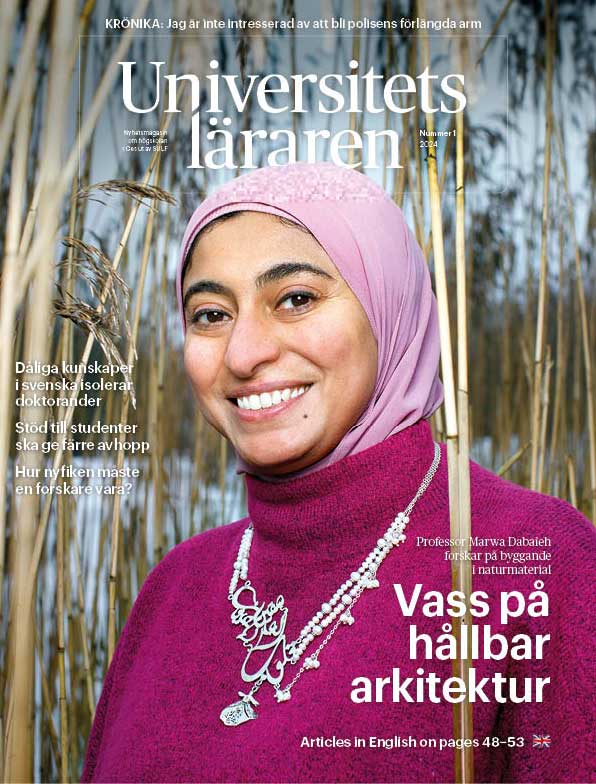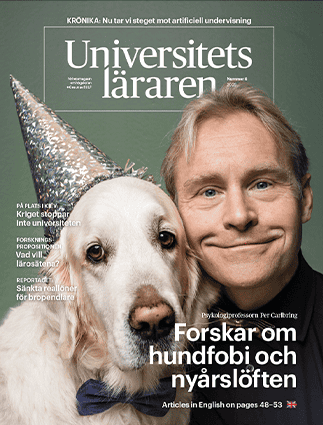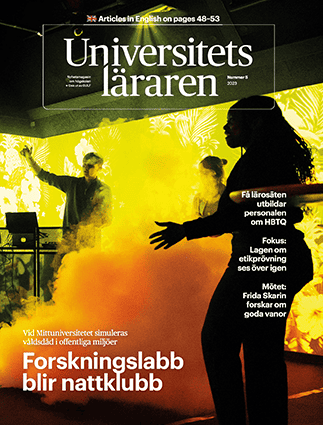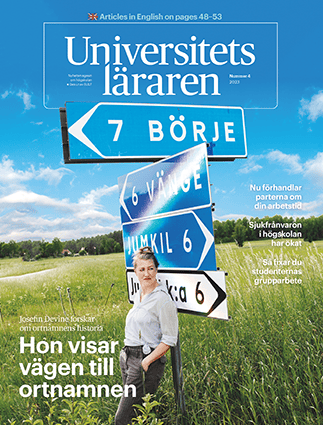Foreign academics who are invited to pursue doctoral studies, postdoc or other research positions at universities and research institutes in Sweden often face tremendous challenges due to the complex regulatory environment, which can be hostile towards non-Swedish nationals.
A major area of concern for a great number of young academics is their visa and residency situation. Currently, residence permits/visas (tillfälliga uppehållstillstånd) are issued for a maximum of one year for both PhD candidates and postdocs, even if their employment contracts extend beyond one year. This creates several problems for applicants, as well as for employers who take responsibility for the well-being of their staff. Those who receive a visa for less than a year following their first application can be denied registration at Skatteverket and Försäkringskassan. They cannot get a Swedish personal identity number and therefore cannot open bank accounts or obtain a valid identity card. They may even have problems signing valid housing contracts or receiving their salary on time. Without a personal identity number they also face difficulties when it comes to health-care services, pension plans and most other social benefits. With an expired visa, they are also denied parental leave and child-care allowances, because Försäkringskassan requires them to have a valid residence permit in Sweden when they apply for social benefits. There have also been several cases in which Skatteverket has denied registration for a scholar’s accompanying family members in Sweden due to an expired or short-term visa.
We have heard such stories from a large number of PhD candidates and postdocs who have encountered serious problems. Some of them sought help from SULF and SDF, while others gave up and left Sweden for a more welcoming country.
Issuing short-term visas is a time-consuming and costly procedure, both for applicants and for Migrationsverket, which has to process a large number of applications every year. During this processing period, which often takes several months, applicants are required to remain in Sweden and cannot travel abroad in order to attend courses, conferences or meetings, or even to visit their home country during holidays. We have many members who are extremely disappointed with this situation because it limits their academic mobility enormously.
We think that such circumstances are devastating for foreign scholars who choose to come to Sweden, and they also create a very negative image of Swedish public agencies. Many of these problems could have been avoided if Swedish public agencies had updated their procedures or simply sought advice from professional organizations such as SULF/SDF who deal with members’ issues on a daily basis.
One simple solution would be to issue longer visas. For instance, two-year working visas are already the established practice for those who work in industry. We suggest 2–4 year visas instead of the current one-year visa. Such a simple change would save lots of time and resources for all parties involved.
In September 2016, SULF and SDF requested a meeting with Migrationsverket to discuss these issues in detail. They welcomed our initiative but suggested postponing the meeting until next year, as they are currently overloaded with the work of processing asylum applications.
As union representatives we want to address these problems at the national level and we are ready to engage in dialogue and provide our insights to government agencies. We also believe that Migrationsverket, Skatteverket and Försäkringskassan should work together to address issues that are specific for academic scholars, which are certainly different from those of asylum seekers.
We further welcome suggestions from all union members and university representatives who would like to raise awareness or become involved in this collective effort. We must all ask ourselves how we as national SULF representatives, local SULF representatives and individual SULF members can raise awareness and work together to bring an end to this situation.
Anna Ilar
Benny Borghei
Megan Case
on behalf of the SDF
Board 2015/2016
